全网热议 !"野孩子 "事件背后 ,父母 "教育自由 "的边界在哪 ?
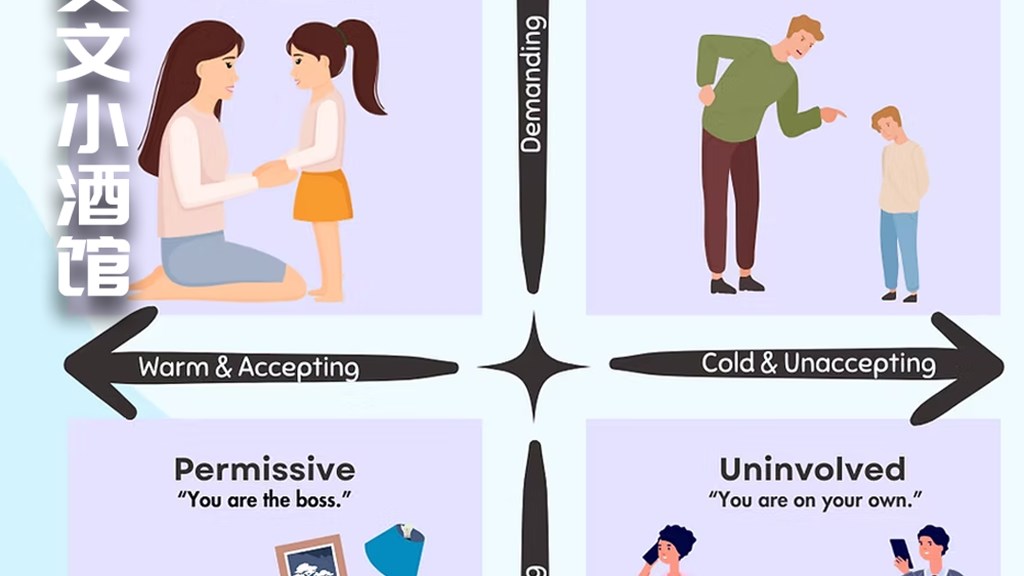


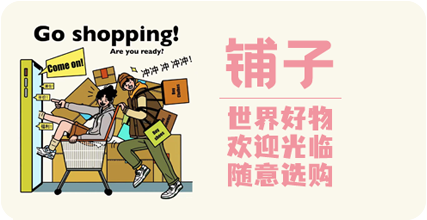

▲点击进入 相应板块
" Different types of parenting"
PART ONE
△
点击播放音频
KEY WORDS
图片均来源于网络 | 侵删
加小助手VX【luluxjg2】领取全文逐字稿
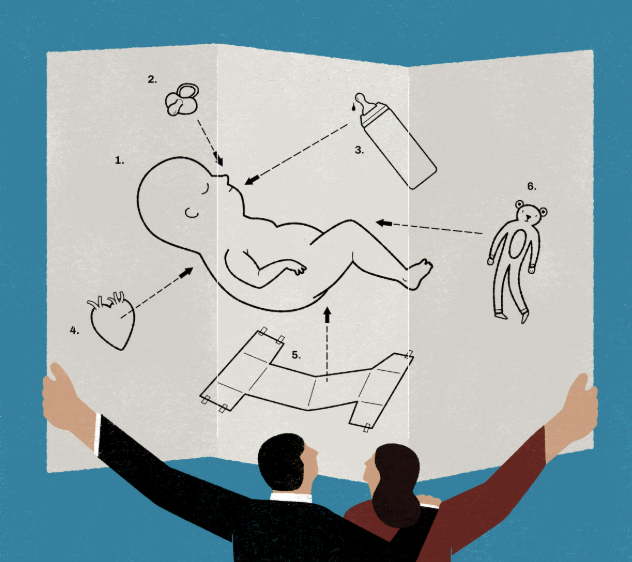

Parenting styles.


We'll explore the classic models, the modern trends, and the cultural nuances that shape how we raise the next generation.
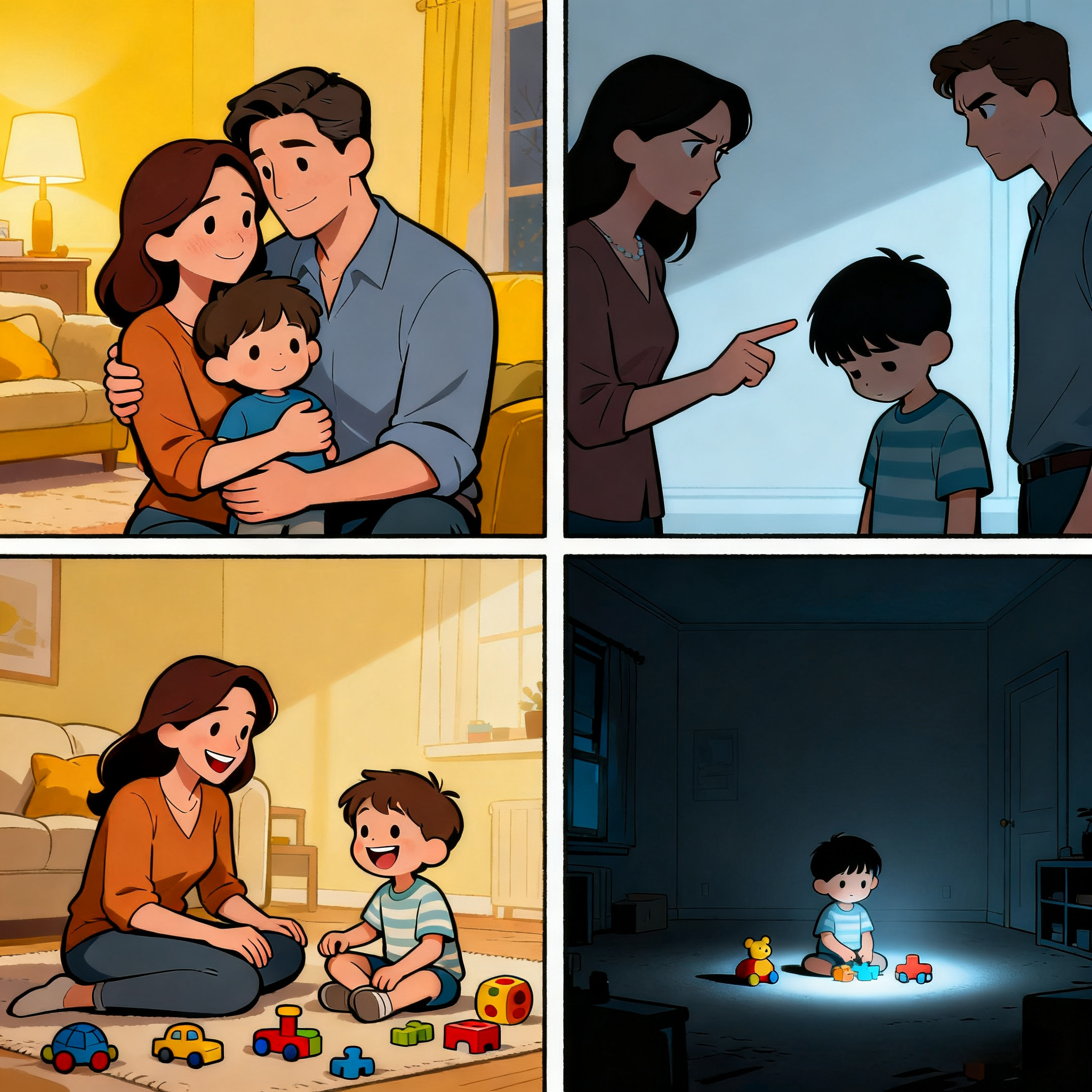

The Classic Framework - The Four Parenting Styles

♦ Authoritative Parenting (The "Nurturing Coach")
♦ Authoritarian Parenting (The "Commander")
♦ Permissive Parenting (The "Best Friend")
♦ Neglectful/Uninvolved Parenting (The "Absentee")

节目文稿全记录
#876
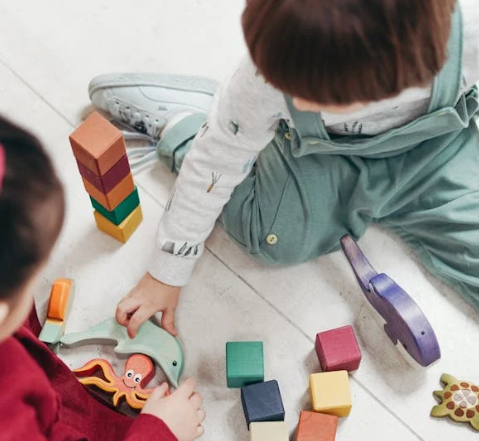
Hello again欢迎来到Happy Hour英文小酒馆。关注公众号璐璐的英文小酒馆,加入我们的酒馆社群,邂逅更精彩更广阔的世界
Hi everyone and welcome back to Happy Hour. 欢迎回来酒馆. Hi, 安澜.
Hi, Lulu. Hi, everyone.
安澜, have you ever been to like a restaurant and seen a family where the kids are running wild, just picking up things annoying other people?
Yeah.
And another... with kids similar age, but they're sitting quietly and eating with good manners.
Yeah. A couple of weeks ago I was sitting in the cafe and I was just doing some work. And there were these kids that were just running around, they were screaming and their parents were just sitting there on their mobile phone.
Doing nothing.
Doing nothing, that really, really annoyed me.
Do you actually, in this kind of situations, do you ever go up to the parents or go up to the kids and say shh.
Once or twice, but not in a restaurant or cafe. I've done that on the train.
Yeah.
For example, if it's a long distance train, I've been on there for like.... I'm on there for three or four hours and I can't leave. So in those sort of situations, I've actually just said like quite politely, please, your child is disturbing me and disturbing other people.
Yeah, but sometimes parents they get angry, saying something like they're just kids, you're an adult.
Exactly.
So it makes you wonder you have kids who behave really well, you have kids who are running out of control, it just makes you wonder what's going on behind the scenes.
Yeah, so I thought today what we could do is we could talk about parenting styles.
Exactly. So what it all comes down to is parenting.
Pretty much.
One of the most universal yet deeply personal experiences.
Absolutely, because we're all affected by our parents for better or for worse.
Yeah. I mean lately people keep talking about family of origin. Have you heard of that?
Yes.
叫原生家庭。But the thing is, once I was watching this video and I think it's hitting the nail on the head, nobody with a functional family upbringing would use the word family of origin.
Yeah.
They would just say mom and dad, only people who grew up in a highly dysfunctional, toxic family would question their family of origin.
Pretty much, yeah.
That's why it's very important to talk about parenting styles. It doesn't matter you're talking about it from kid’s point of view or future parent’s point of view.
Exactly.
So shall we start with some of the major categories of parenting?
Yeah, so there were probably four key areas. So the first one is probably seen as like the ideal one, authoritative.
Authoritative就是权威感的authority.
Yes, so this is more nurturing. So you'll focus both on demands, but also how the child responds to those demands. So basically it is you demand a lot, but you also respond a lot.
Ahh.
Now what this means is the parents have very clear rules and expectations, but they are also communicative. They're warm and they respond to their child's feelings.
So just give you an example. A child hasn't done their homework and they're kind of really annoyed because they can't watch TV. For example, now an authoritative parent would say I understand that you're upset. I understand you want to watch TV, but you have to do your homework.
Oh, so listen to your child's emotional response. Be there for them. But that doesn't mean you can just bend the rules or abandon the rules.
The rule is that you have to do your homework and as soon as you finished your homework, you can watch TV.
To be honest, it's a bit like a teacher or a coach, 像个教练或者老师.
It's with rules but also with care, that brings us to the second type of parenting, now not authoritative but authoritarian.
Yes.
稍微有一点变化, 但这个词就是一个负面的词了,是专政的意思,专制专政。
So authoritarian parent, they're like the ultimate boss, the commander. They are high on demands, but low on responsiveness. They would require the kids to do a lot of things. Rules are rules. However, they have no time for the kids emotions.
Oh, yeah.
For example, you will practice the piano for 2 hours. No excuses! I don't care if you don't want to. Don't “mommy” me.
Yeah. It's the “because I said so” approach.
Yeah.
So these types of parents, they would tell a child you have to do this. Why do I have to do this? Because I said so.
There's no attempt to try to explain why you're doing these type of things.
In English, you also say “because I said so” right? in Chinese we just say, 因为我是你妈, 因为我是你爸.
Yeah, exactly.
因为我说的就是王法, the tiger moms, the tiger dads.
Yeah, and the thing that always gets me is that these are the type of parents that they come in two categories. They are either completely focused on their child; Or they order their child to do these things, and then they watch TV or play on their phones themselves.
Exactly. I always say if you force your kid or if you want your kid to become an avid reader, be a reader yourself, parents who don't like reading will not be able to raise kids who love reading.
For example, my dad loves reading. So I often saw him reading a book and I was the same, I loved reading myself. So these authoritarian parents they don't really worry about the “why” they just worry about the “what”, what you have to do.
To be honest. Even authoritarian bosses can be really annoying. Let alone parents.
Because telling people what to do is never enough. You need to make the person feel that by doing what you want them to do, it benefits them.
Exactly.
So I guess that brings us to the complete opposite.
Mhm.
The permissive parent.
哦,就纵容型的这种。
Yes, so very high on responsiveness, very high on emotions, very low on demands,
Parents who wanna be friends.
Yes. Now these parents that loving... they like to communicate, but there's very few rules and if the rules are broken, then not really much happens.
No consequences.
No. So for example, if a child refuses to eat vegetables, very very common, not many children like vegetables.
They're like, “I want to eat ice cream”.
Yeah. The parent would just say, “okay, don't eat your vegetables, here's some ice cream or here's some other food for you, and they do this just because they want to avoid a fight. And these parents their favorite expression “Kids will be kids”.
小孩嘛. Permissive, I mean in the short term kids will like you, but then honestly in the long term, they will grow up to be adults that have never learned any rules and regulations, and the world is not gonna treat them like you do.
Exactly, the kids who are brought up in this way as soon as they become adults, they're in for a huge huge shock when they realize that their boss is not going to treat them that way, their teachers are not gonna treat them that way, and pretty much anyone on the street is not gonna treat them that way.
Yeah. Exactly. They also tend to be more like mama's boys think the whole world revolves around them because that's what happened to them when they were growing up.
Exactly.
Then there is the fourth type. This is the type that is low on demands and low on responsiveness, it’s basically the uninvolved, the neglectful, the absent parents.就是这种缺席, 缺位, 完全忽视孩子的,我既对你没有要求, 而且我也不对你有回应,
But I think it's important to point out absentee, neglectful and uninvolved, they do have slightly different meanings. So if you say you're a neglectful parent that is very negative.
Yeah.
You are not involved to the point that you are really harming them.
Child neglect is actually a crime.
It is a crime. So when you say uninvolved parents or absentee parents. It is not good, but that's not a crime.
Uninvolved parents, for example, in a divorce.
Yeah.
And as the father, because you don't live with the child, you never go to see the child.
Yeah.
Then you're an absent parent, you're an uninvolved parents.
Exactly.
Or even if the marriage is still in existence, but you go home and you go directly into your room, you don't really engage with the kids.
So in this, you're low on both demands and responsiveness. You don't really care what happens to the kid. People might say oh, parents are busy, but this isn't about being busy. It means that there's a lack of emotional connection or guidance.
So even if the parent is busy and there are loads of parents who are very busy, but they still go home and talk to their child. These type of parents they will go home, they will feed the child. And then that's it. They will do their own thing.
And these children will grow up starved for attention, for emotion, affection, and they will be desperate to get them.
Exactly.
Or they grew up to be as distant cold as their parents.
Precisely.
Either way it is not great. So let's tally up.
So we had the four basics according to series. So you have the authoritative parents, you have the authoritarian parent, you have the permissive parents and the neglectful or uninvolved parents.
But that's the classic theories.

排版长图:Jer.ry
文稿校对:Wanda xu & Jenny
图片来源:均来源于网络 | 侵删

星标 “璐璐的英文小酒馆”
听见更精彩的故事,遇见更广阔的世界







▲点击以上图片,Get世界精选好物













